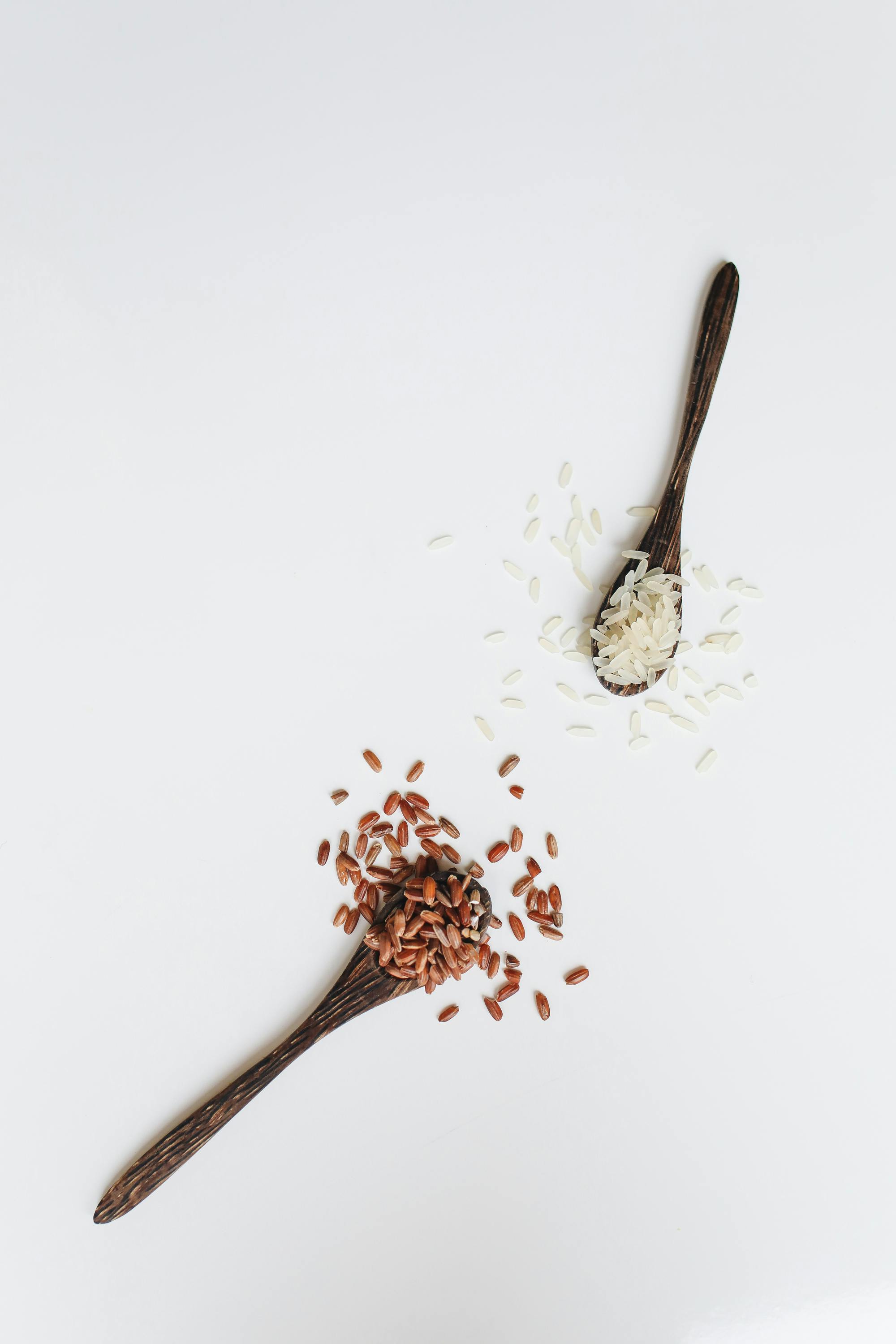
10 Practical Options for Betta Fish Diet in 2025
Understanding the nutritional needs of betta fish is essential for maintaining their health and enhancing their vibrant colors. Betta fish are often kept in home aquariums, making their diet a critical aspect of their care. Proper diet not only supports their growth but also boosts their immune system, helping to prevent diseases. In this article, we will explore the best food options for betta fish, including types of betta fish food, feeding tips, and dietary requirements that every owner should know to thrive in their care.

Understanding Betta Fish Nutrition
Betta fish are carnivorous by nature which influences their dietary needs. The primary components of a healthy betta fish diet include high-quality protein sources, vitamins, and minerals. A well-balanced diet will allow these beautiful fish to exhibit vibrant colors and maintain robust health. Understanding these nutritional needs helps in selecting the right foods and avoiding common mistakes that could lead to malnutrition or health issues.
In addition to the basics, considerations like the age of the betta, its activity level, and environmental factors such as water quality can impact nutritional needs. Providing a variety of foods can also keep bettas stimulated and encourage natural foraging behavior.
Top 5 Types of Betta Fish Food
When choosing betta fish food, several options can be considered. Let's delve into the best choices:
- Betta Pellets: High protein content and designed specifically for bettas.
- Frozen Food: Options like bloodworms and brine shrimp are excellent protein sources.
- Freeze-Dried Food: Ideal for convenience and nutritional value, often containing essential vitamins.
- Flakes: These can be suitable but ensure they meet betta dietary needs.
- Live Food: Such as daphnia, which simulates a natural diet and can spark betta interest.
Each food type has its benefits, and diversifying the diet can greatly enhance a betta's health.

Feeding Schedule and How Often to Feed Betta Fish
Understanding how often to feed your betta fish is crucial for their well-being. A regular feeding schedule helps maintain betta fish health and fosters good feeding habits. It is generally recommended to feed bettas two to three times a day, offering small amounts of food that they can consume within two minutes. Overfeeding can lead to bloating and other digestive issues, so caution is advised.
It's also essential to adjust feeding frequency depending on the fish’s life stage; fry require more frequent feeding than adults. As seasons change, betta fish may demonstrate differing appetites, so it's beneficial to observe and tweak the diet accordingly.
High Protein Foods for Betta Fish
High protein options are critical for a betta's growth and overall health. Protein sources are vital for muscle development and bright coloration. Here are some favored high-protein foods to consider:
Premium Betta Pellets
Choosing high-quality pellets formulated specifically for bettas can ensure they receive the necessary protein levels to thrive. Look for brands that list whole fish or fish meal as the first ingredient and avoid fillers such as corn. Feeding premium pellets also promotes better digestion and reduces waste within the tank.
Live Protein Sources
Live foods, like mosquito larvae or brine shrimp, are fantastic for encouraging natural hunting behavior. These foods are not only appealing to bettas but also rich in nutrients. However, they should be provided as a treat rather than a staple to maintain dietary balance.
Frozen Daphnia and Bloodworms
Frozen food options are convenient and maintain nutritional integrity. Offering frozen daphnia or bloodworms about once a week can diversify your betta’s diet, ensuring abundant protein intake while reducing the risk of introducing disease.

Balanced Diet and Treats for Betta Fish
Incorporating treats into a betta fish's diet can enhance their daily routine. Here are some healthy treat options:
Homemade Betta Fish Food
Creating homemade treats can be an excellent way to ensure the freshness and nutritional content of your betta's food. Options might include a mixture of high-quality protein sources like shrimp or fish puree and gelatin to create a gelatinous treat.
Plant-Based Foods for Bettas
Though bettas are predominantly carnivorous, incorporating small amounts of vegetables can be beneficial. Offering finely chopped spinach or peas can support digestive health if given in moderation. However, plant material should not dominate their diet.
Dietary Supplements
Consider adding dietary supplements into the feeding regimen occasionally to boost health and vitality. These can provide essential vitamins that support growth and immune function. Always consult feeding guides for pet owners before introducing new supplements.
Conclusion and Feeding FAQs
Feeding betta fish an optimal diet revolves around understanding and catering to their unique nutritional requirements. From high-protein foods to the proper feeding schedule, every aspect contributes to their health and vibrancy.
FAQs About Betta Fish Feeding
1. Can betta fish eat vegetables?
Bettas are primarily carnivorous, but small amounts of vegetables can be beneficial for digestion.
2. How often should I feed my betta fish?
Typically, 2-3 small feeds per day is recommended.
3. What are symptoms of overfeeding?
Bloating and sluggishness are common signs of overfeeding in bettas.
4. Is it okay to mix different types of fish food?
Yes, mixing foods can provide a balanced diet but ensure they are all suitable for bettas.
5. How can I tell if my betta is underfed?
Signs include a sunken belly and a lack of energy. Regular feeding routines help avoid this.